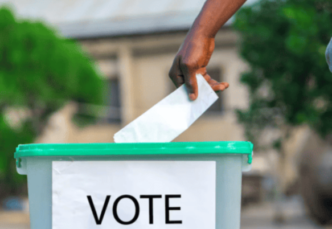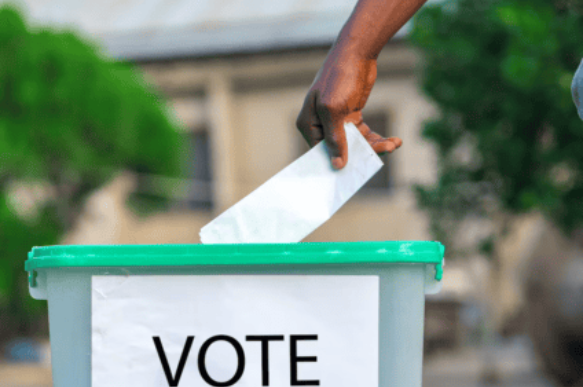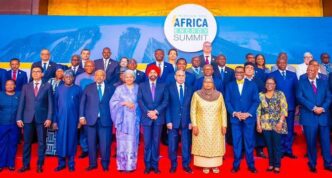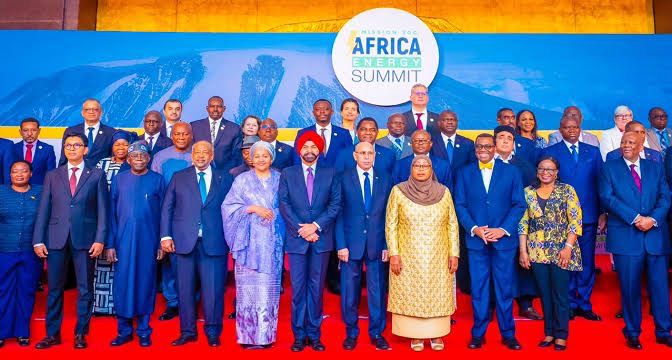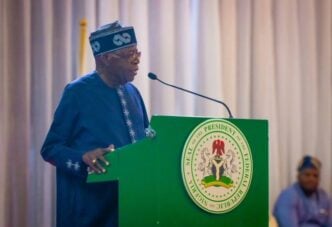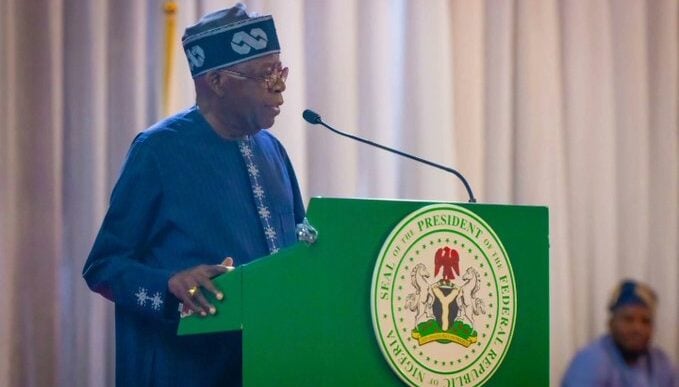BY AHMAD SHUAIBU ISA
The concept of political independence is frequently viewed as the cornerstone of a nation’s sovereignty and autonomy. Yet, in an increasingly interconnected global landscape, it is imperative to critically interrogate whether we genuinely possess political independence, or whether we are merely subservient to the interests of more dominant global powers.
While numerous nations have ostensibly attained independence, they continue to be besieged by pressures from foreign governments, international entities, and economic forces that curtail their capacity for self-determined decision-making. Dynamics of globalisation, interdependence in trade, and the complexities of international power relations profoundly shape the political terrains of sovereign states.
Moreover, internal factors such as political corruption, media manipulation, and the pervasive influence of multinational corporations further erode national sovereignty. While independence may be enshrined in legal documents, a rigorous assessment is necessary to ascertain whether genuine political freedom is genuinely practised.
Advertisement
It is particularly noteworthy that nearly every Nigerian presidential candidate seeks the platform of Chatham House in London to articulate their visions and solicit the approval of international stakeholders, predominantly from the West, during electoral campaigns. Chatham House, an esteemed think tank in the UK, ostensibly serves as a venue for global discourse. However, the recurrent pilgrimage of Nigerian leaders to this institution during electoral periods raises profound questions about the integrity of the nation’s political independence and sovereignty.
This behaviour starkly contrasts with that of Western political figures, who seldom seek external validation prior to contesting office within their own political systems. This disparity underscores a more pervasive issue: the unsettling implication that Nigerian leaders must align themselves with foreign powers to garner political support, thus signalling a fundamental lack of autonomy in the nation’s political landscape. I remain open to reevaluation of this observation should it be deemed flawed.
Is this scenario emblematic of political disenfranchisement? In many respects, it is—a poignant reflection of a reality wherein foreign influence supersedes local self-determination. While international relations and alliances are undoubtedly critical in today’s globalised milieu, the incessant need for Nigerian leaders to seek external endorsement undermines the nation’s capacity for autonomous governance.
Advertisement
Such behavior illuminates a persistent dilemma of external interference in Nigerian politics, exacerbated by economic dependency, accumulating debt, and the lingering shadows of colonial exploitation. It compels us to confront a pivotal question: do we possess the genuine freedom to self-govern, or are we still ensnared in a web of dependency on global powers for legitimacy? Addressing this inquiry is crucial to unravelling the intricate tapestry of Nigeria’s political independence in contemporary times.
The prioritisation of foreign agendas over the interests of the populace leads to severe economic exploitation, manifesting in the extraction of resources devoid of reinvestment in national welfare. This culminates in a vicious cycle of dependency on foreign aid, exacerbating economic frailty and stifling genuine development. Furthermore, the imposition of foreign paradigms erodes local cultures and identities, undermining national pride and cohesiveness. The political ramifications of prioritising external interests at the expense of local needs serve to dilute sovereignty and self-governance, leaving the nation susceptible to external manipulation.
As foreign influence proliferates, institutional integrity deteriorates, fostering an environment in which corruption flourishes and governmental authority yields to external pressures, instead of reinforcing the rule of law. Social inequality escalates as transnational corporations often receive preferential treatment, exacerbating impoverishment and constraining opportunities for local enterprises. The relinquishing of control over national resources to foreign entities compromises the state’s sovereignty over its economic framework.
Environmental degradation emerges as a critical concern, as foreign entities exploit natural resources with scant regard for sustainable practices. This blatant disregard for the will of the populace incites political instability and unrest. Ultimately, a government more preoccupied with appeasing external powers than with addressing the needs of its citizens risks eroding public trust, fostering division and discontent within the national fabric.
Advertisement
The manifestations of insecurity and the emergence of violent non-state actors, such as the created bandits, Boko Haram, and other militant groups, are direct consequences of political mismanagement and external influences. When governmental priorities are skewed toward foreign interests at the cost of citizen welfare, crucial issues—including security—are inevitably neglected, further perpetuating instability.
The failure to adequately address economic, social, and political grievances creates a fertile ground for the proliferation of armed factions. These groups may find external patronage from entities with vested interests, thereby amplifying national insecurity. They exploit frail governance and public disillusionment, contributing to an escalation of violence and disorder.
The existence of such groups not only undermines the safety of the citizenry but also proliferates fear and division. Furthermore, these factions may be co-opted as instruments of foreign powers aiming to destabilise the region and advance their own agendas, perpetuating suffering and turmoil for the local populace. The resultant cycle of violence, economic decline, and political impotence serves to erode the state’s capacity to safeguard its citizens and uphold its sovereignty.
Is this the trajectory we envision as we strive to exist as free people?
Advertisement
Ahmad Shuaibu Isa can be contacted via [email protected]
Advertisement
Views expressed by contributors are strictly personal and not of TheCable.
Add a comment


